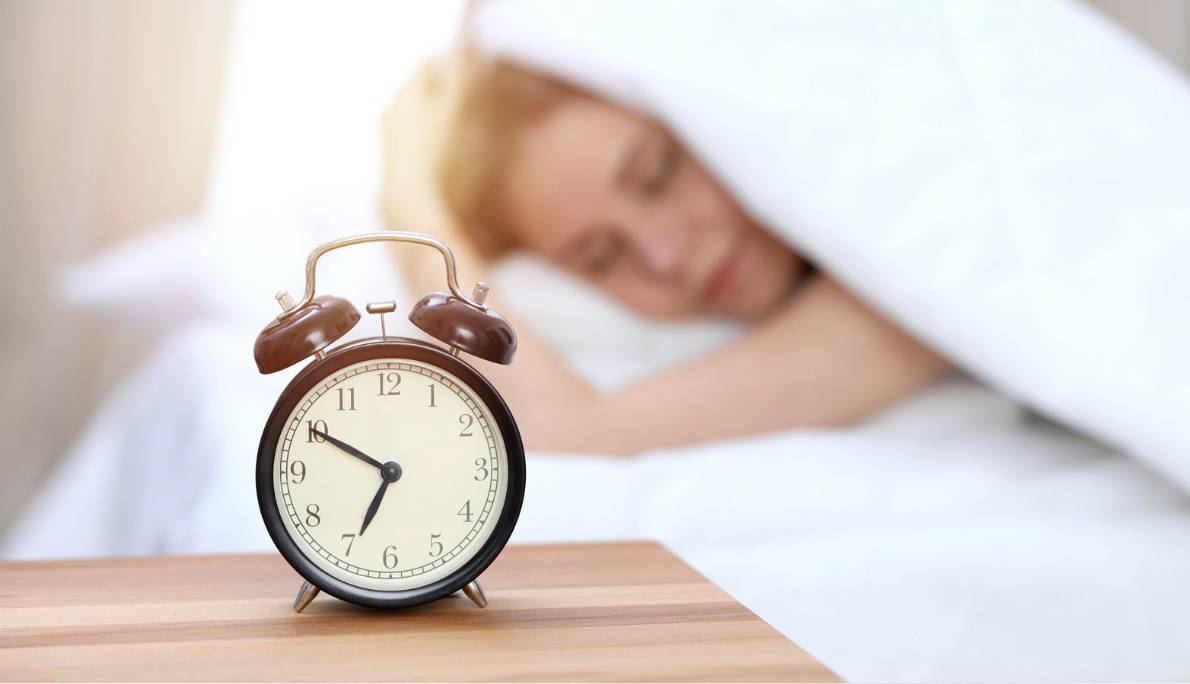No Products in the Cart
We recognize the impact of seasonal changes, not only on physical health but also on mental well-being. With the approaching time change, the risk of seasonal depression and fatigue becomes more pronounced. In this article, we'll explore evidence-based strategies for avoiding seasonal depression and discuss how, as a society, we can collectively combat the urge of fatigue brought about by the time change.
Written by: Justus Ramos
November 15, 2023

Increase Sunlight Exposure
Light therapy, proven effective in managing Seasonal Affective Disorder (Golden et al., 2005), can be a valuable tool in combating fatigue associated with the time change. Maximize exposure to natural light, particularly in the morning, to regulate circadian rhythms and enhance mood.
Consistent Timing: Emphasize the importance of regularity in sunlight exposure. Establish a routine of getting sunlight consistently, preferably in the morning, to optimize its circadian-regulating benefits.
Open Curtains and Blinds: Let natural light into their living and working spaces by keeping curtains and blinds open during the morning hours.
Workspace Optimization: For those working indoors, recommend positioning workspaces near windows or scheduling breaks in outdoor areas to receive adequate sunlight.

Increase Vitamin D Supplementation
Research suggests a correlation between vitamin D deficiency and depressive symptoms, especially during seasons with reduced sunlight (Gowda et al., 2015). Given the limited exposure to sunlight in fall and winter, assessing and supplementing vitamin D levels may be beneficial. We encourage patients to include dietary sources rich in vitamin D.

Regulate Sleep Patterns
Gradual sleep adjustments before the time change can help mitigate fatigue. Implementing chronotherapy principles, including incremental shifts in bedtime and wake-up time, allows for a smoother transition and minimizes the impact on circadian rhythms (Eastman, 2016).
Chronotherapy entails the strategic adjustment of treatment timing, especially in addressing sleep-related concerns, to synchronize with an individual's circadian rhythm. An illustrative example is Darkness Exposure, which emphasizes the significance of minimizing exposure to bright light, especially during the evening hours. This could involve practices such as limiting screen time before bedtime and establishing a dark environment conducive to sleep.

Maintain Regular Exercise
Exercise remains a cornerstone in combating fatigue and preventing seasonal depression (Schuch et al., 2016). Engage in regular physical activity, as it has been shown to improve mood, reduce stress, and enhance overall well-being.

Integrate Mindfulness-Based Stress Reduction
Mindfulness practices, such as Mindfulness-Based Stress Reduction (MBSR), can be instrumental in combating the psychological effects of seasonal changes (Kuyken et al., 2016). Promote mindfulness techniques to help individuals stay present, manage stress, and cultivate resilience during this period.

Increase Community Support
As a society, fostering community support can be a powerful tool against seasonal depression and fatigue. Encourage local communities to organize activities that bring people together, providing emotional support and a sense of connection (Cohen & Wills, 1985).
Preventing seasonal depression and combating fatigue from the time change requires a collective effort. As medical professionals, our guidance extends beyond individual care to community and societal well-being. By incorporating evidence-based strategies and advocating for supportive environments, we can navigate the challenges posed by seasonal transitions with resilience and vitality.
Book your appointment today and initiate the first step toward a brighter, healthier future by scheduling a session with our psychologist, Dr. Goodman.
Subscribe to our Tuesday Tips newsletter to stay informed about the latest updates, including the availability of group therapy services. Be the first to know when these transformative sessions become accessible.
Join our community and embark on a journey towards improved well-being. Sign up below for exclusive insights and announcements every Tuesday.